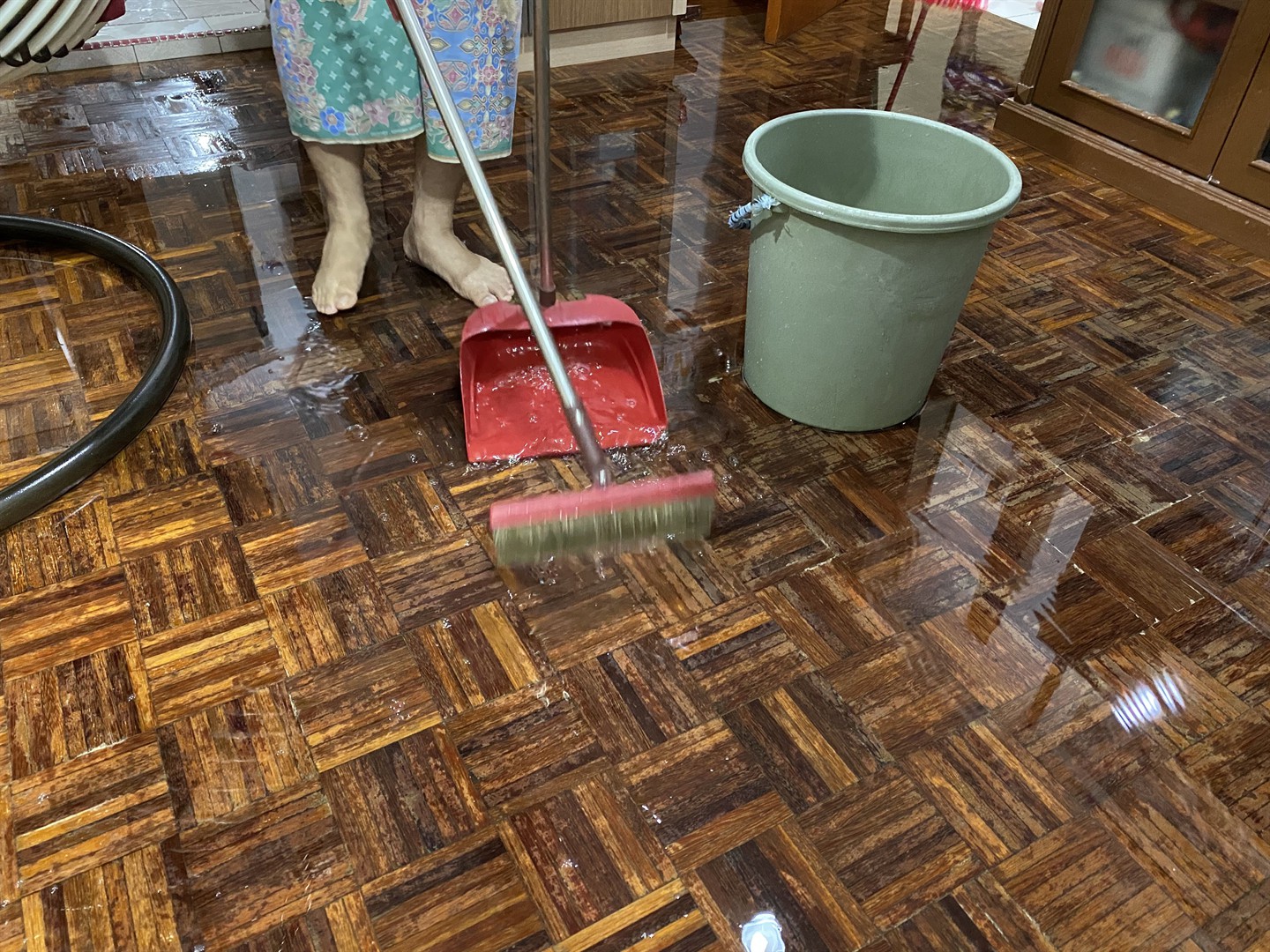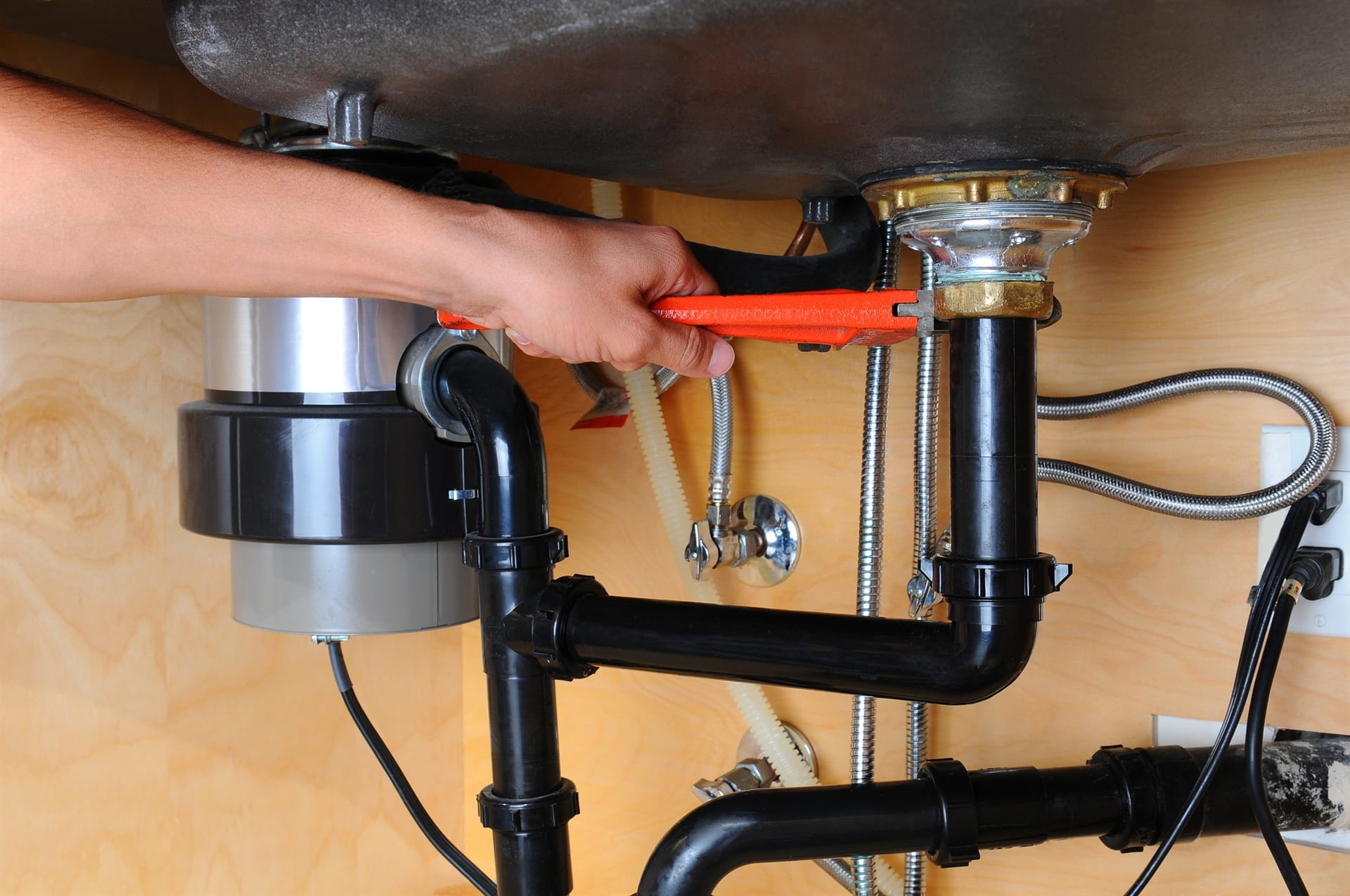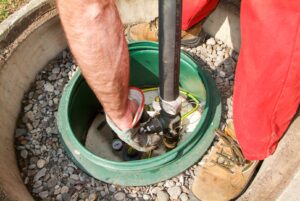Your home’s septic system plays a crucial role in managing wastewater efficiently and safely. Neglecting its maintenance can lead to costly repairs and environmental hazards.
In this comprehensive guide, we will explore the essential aspects of septic system maintenance, offering valuable insights and expert advice to ensure the longevity and functionality of your system.
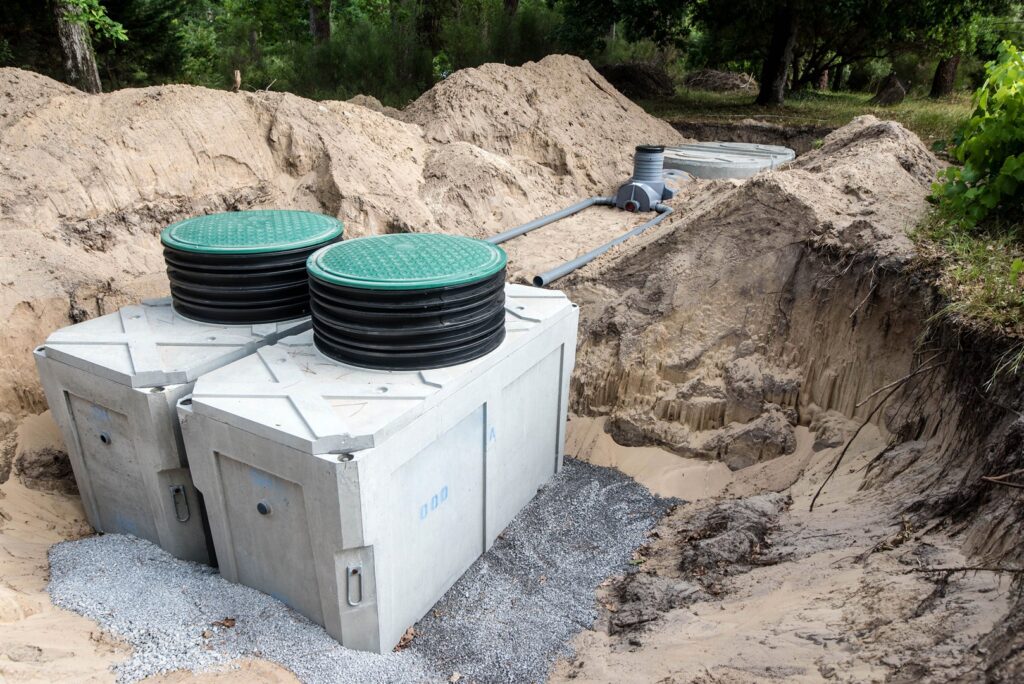
1. Understanding Your Septic System
To effectively maintain your septic system, you must first grasp its fundamental components and how they function. A septic system consists of two primary parts: the septic tank and the drain field.
1.1 Septic Tank:
This underground, watertight container is responsible for holding and treating wastewater from your home. It allows solids to settle at the bottom while allowing clarified wastewater to exit into the drain field. Over time, solid waste accumulates, necessitating regular septic tank services, including pumping.
1.2 Drain Field:
After the wastewater leaves the septic tank, it flows into the drain field, also known as the leach field or absorption field. This is an area of soil where the wastewater undergoes further treatment and filtration. It relies on the natural processes of soil and microorganisms to break down and remove harmful bacteria, viruses, and other contaminants.
Understanding these components is vital, as it enables you to appreciate the importance of septic system maintenance. Regular maintenance prevents the septic tank from becoming clogged with solids, which could lead to backups and system failure. Moreover, it ensures that the drain field remains free from excess solids, which can clog the soil’s pores and hinder proper wastewater treatment.
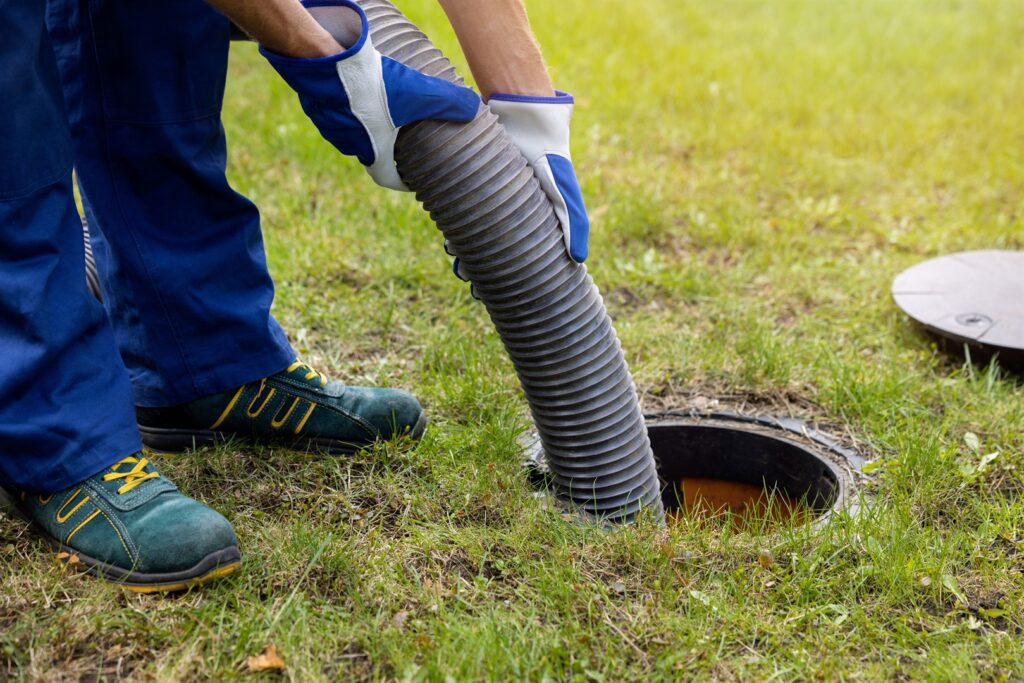
2. Signs of Septic System Problems
Maintaining your septic system is crucial to prevent costly repairs and ensure the longevity of your system. Recognizing the signs of septic system problems is the first step in proactive maintenance. In this section, we will discuss common signs that indicate your septic system may be in trouble.
2.1. Slow Drains:
Slow drains in your sinks, showers, or toilets are often the first indicator of septic system issues. If you notice water taking longer to drain than usual, it may be a sign of a clogged septic system. It is essential to address this promptly to avoid more severe problems.
2.2. Foul Odors:
Unpleasant odors emanating from drains, toilets, or the yard could signal septic troubles. These odors may be caused by a buildup of gases or sewage leaking from the system. Professional septic tank services can help identify and rectify the issue.
2.3. Gurgling Noises:
If you hear gurgling sounds coming from your drains when water is running, it may indicate a blockage or septic tank issues. These noises can result from air escaping the plumbing system due to a clog or a full septic tank.
2.4. Sewage Backup:
One of the most alarming signs of septic problems is sewage backup. If you notice sewage backing up into your drains or toilets, it is a severe issue that requires immediate attention from plumbing services. Avoid using water until the problem is resolved to prevent further damage.
2.5. Lush Grass Over Drain Field:
While a healthy lawn is desirable, an unusually lush and green area above your septic drain field may indicate trouble. It could mean that the drain field is saturated or malfunctioning, causing sewage to surface. Septic tank services can assess and repair drain field issues.
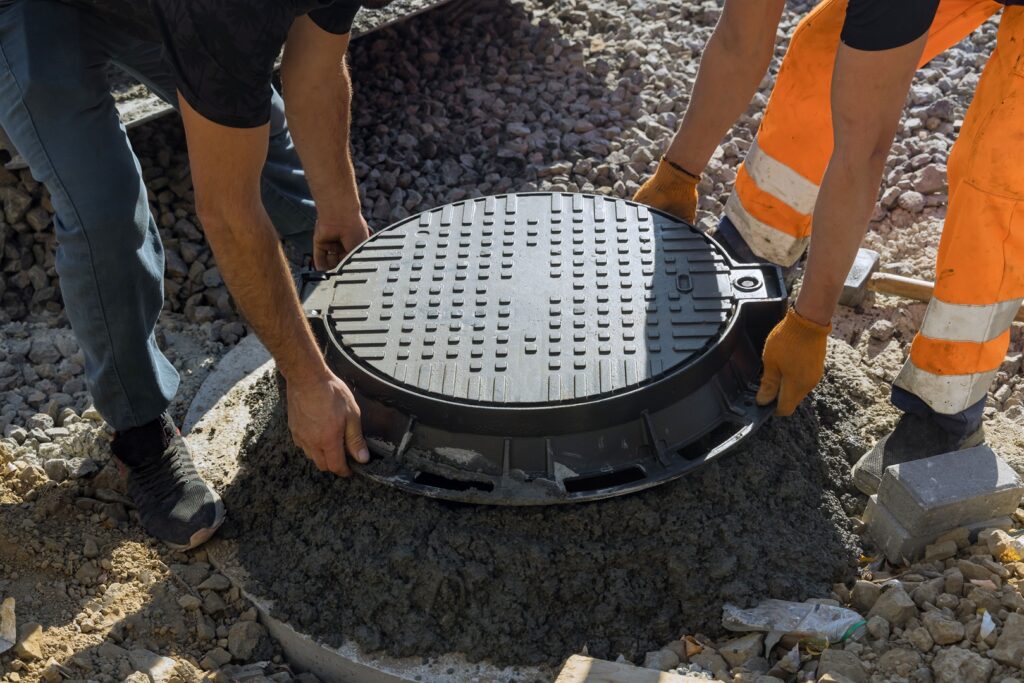
3. Regular Pumping Schedule
Maintaining your septic system involves more than just recognizing signs of trouble. Regular septic tank pumping is a fundamental aspect of preventative care. In this section, we will discuss the importance of adhering to a pumping schedule and offer guidelines for different household sizes.
3.1. Preventing Solid Buildup:
Over time, solids, including sludge and scum, accumulate in your septic tank. Without regular pumping, these solids can clog the tank and lead to system failure. Septic tank services recommend pumping to remove these solids, ensuring the tank’s proper function.
3.2. Household Size and Pumping Frequency:
The frequency of septic tank pumping depends on the size of your household and usage. As a general guideline, a family of four with a 1,000-gallon septic tank should schedule pumping every 3 to 5 years. Larger households or smaller tanks may require more frequent pumping.
3.3. Professional Assistance:
It is crucial to hire experienced septic tank services to perform the pumping. They will not only pump the tank but also inspect it for any damage or issues. Regular professional attention can extend the life of your septic system.
3.4. Record Keeping:
Maintain a record of your septic tank pumping schedule. This helps ensure you do not forget when it is time for the next service. Many septic tank services offer reminders, making it even easier to stay on schedule.
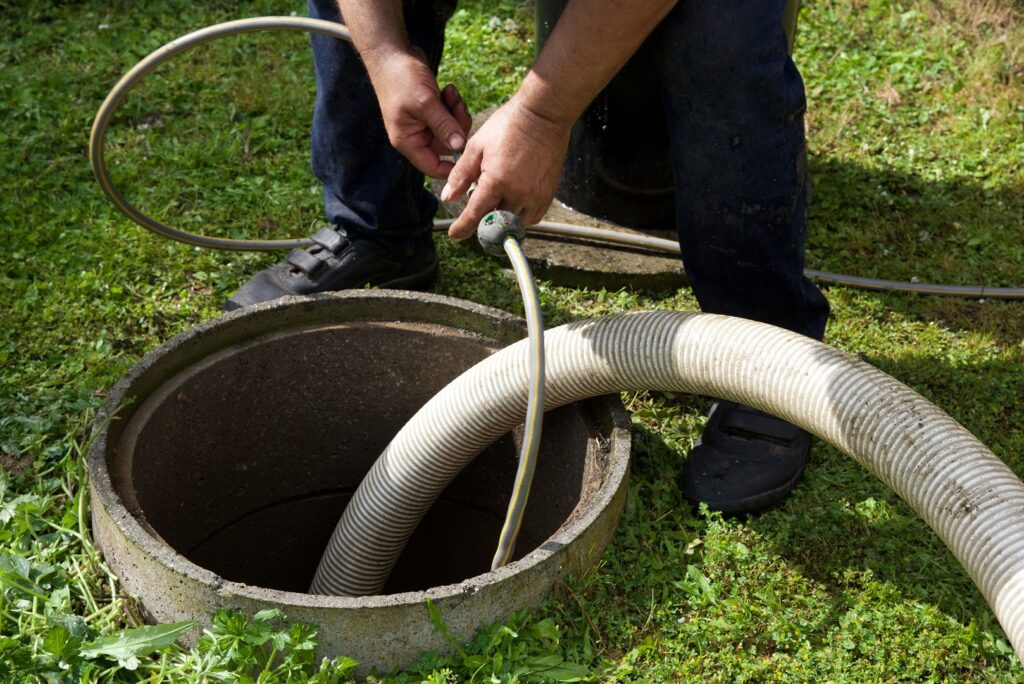
4. Proper Water Usage
Proper water usage is a critical aspect of septic system maintenance. Conserving water not only benefits the environment but also plays a pivotal role in extending the lifespan of your septic system. In this section, we will delve into the importance of responsible water usage and offer practical tips to help you safeguard your home.
4.1. Conserve Water:
Excessive water usage can overload your septic system, leading to potential issues. To prevent this, fix any leaks promptly and consider installing water-saving fixtures and appliances. By doing so, you will not only reduce the strain on your septic system but also lower your water bills.
4.2. Spread Out Water Usage:
Avoid activities that involve a high volume of water usage in a short period, such as doing multiple loads of laundry in one day. Spreading out water-intensive tasks throughout the week can prevent sudden surges in water entering your septic tank.
4.3. Use High-Efficiency Appliances:
When it is time to replace appliances like washing machines or dishwashers, opt for high-efficiency models. These appliances use significantly less water and can make a substantial difference in reducing the load on your septic system.
4.4. Be Mindful of Showers:
Long, hot showers can be tempting, but they can also contribute to excess water usage. Consider installing low-flow showerheads and take shorter showers to reduce the volume of water flowing into your septic tank.
4.5. Fix Plumbing Leaks:
Leaky faucets, toilets, or pipes can waste a considerable amount of water. Regularly inspect your plumbing and address any leaks promptly to conserve water and prevent overloading your septic system.
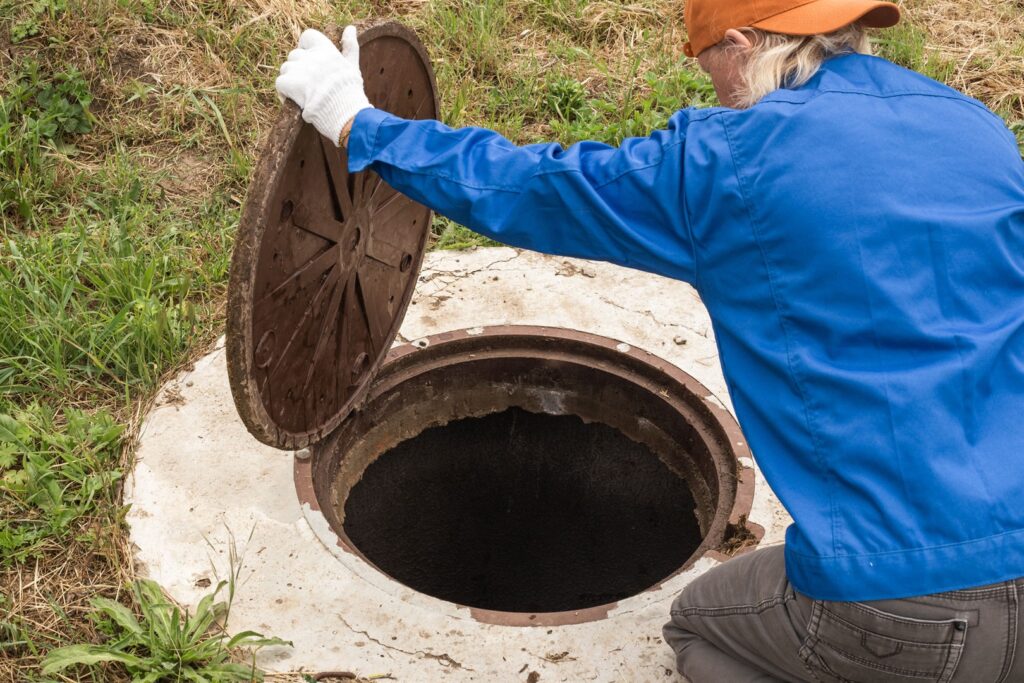
5. Septic-Safe Practices
Maintaining a septic system involves more than just regular pumping and inspections. It also requires adhering to septic-safe practices to prevent issues and keep your system in optimal condition. In this section, we will explore some crucial septic-safe practices that every homeowner should follow.
5.1. Avoid Flushing Non-Biodegradable Items:
Your septic system relies on natural processes to break down waste. Flushing non-biodegradable items like paper towels, sanitary products, or grease can clog your system and lead to backups. Only flush toilet paper that is labeled as septic-safe.
5.2. Limit the Use of Harsh Chemicals:
Harsh chemicals, such as bleach, drain cleaners, and antibacterial soaps, can disrupt the balance of beneficial bacteria in your septic tank. Opt for septic-safe cleaning products and reduce the use of chemicals whenever possible.
5.3. Be Cautious with Garbage Disposals:
While garbage disposals can be convenient, they introduce solid waste into your septic system. Use them sparingly and dispose of food scraps in the trash or compost bin instead.
5.4. Control What Goes Down the Drain:
Coffee grounds, eggshells, and food scraps should not go down the kitchen sink. Use strainers to catch solids and dispose of them properly. Additionally, avoid pouring fats, oils, and grease down the drain, as they can solidify and clog your pipes and septic tank.
5.5. Regularly Maintain Your Drain Field:
Keep the area above your drain field clear of heavy vehicles and structures. Plant grass or shallow-rooted vegetation to prevent soil erosion and maintain proper drainage.
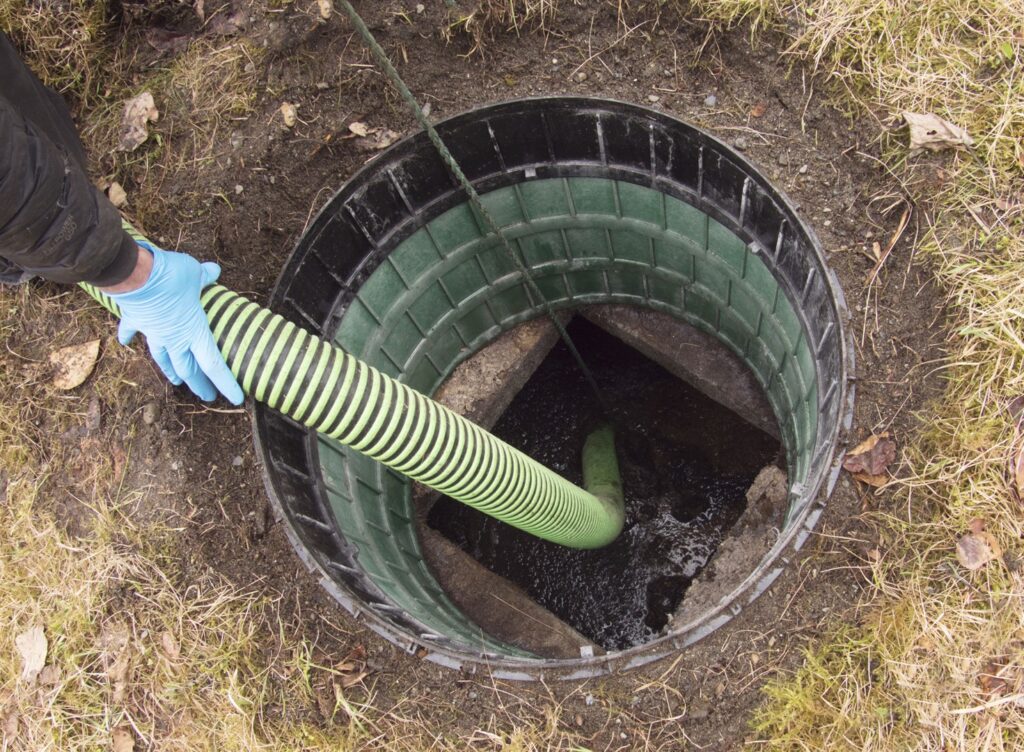
6. Regular Inspections
Regular inspections are a cornerstone of responsible septic system maintenance. These inspections, performed by qualified septic tank services or plumbing services, play a vital role in ensuring the long-term health and functionality of your septic system.
6.1. Early Problem Detection:
Septic system inspections can identify issues in their infancy. This early detection can prevent minor problems from escalating into costly and disruptive disasters.
6.2. Preventative Maintenance:
Regular inspections enable septic professionals to perform preventative maintenance. They can spot potential issues and address them before they become major problems, saving you both money and stress.
6.3. Extend Lifespan:
A well-maintained septic system can last for decades. By investing in regular inspections and addressing any concerns promptly, you can significantly extend the lifespan of your septic system.
6.4. Environmental Responsibility:
Ensuring your septic system operates efficiently is not just about protecting your property; it is also about environmental responsibility. A failing septic system can contaminate groundwater, harming the environment and public health.
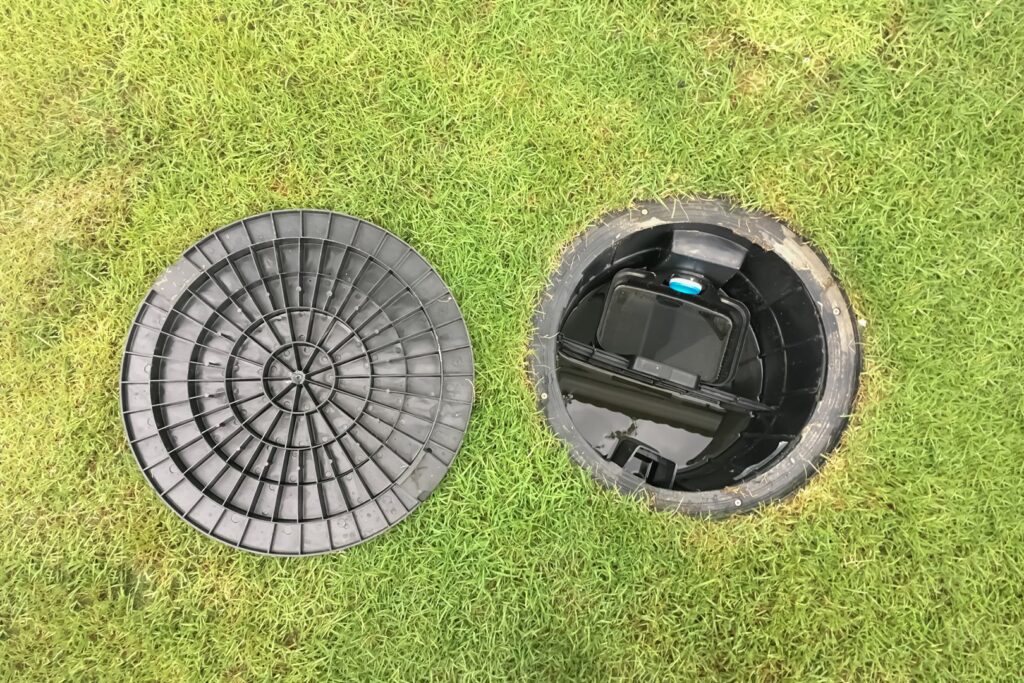
Conclusion
In conclusion, a well-maintained septic system is an asset to your home. By following these guidelines and working with trusted septic tank services or plumbing services, you can enjoy a trouble-free septic system for years to come. Remember, responsible maintenance is the ultimate key to safeguarding your home and the environment.





